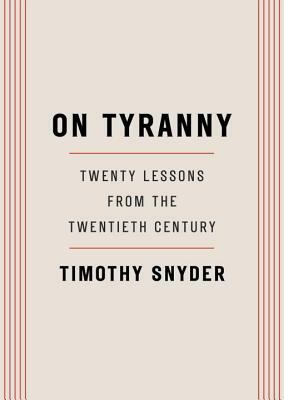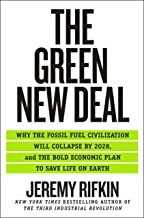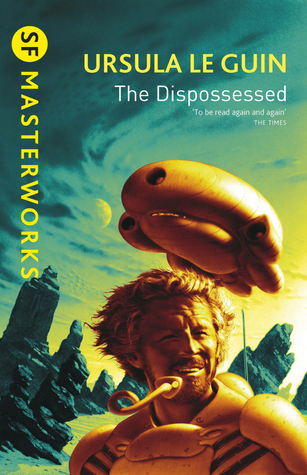domdelorenzo rated On Tyranny: 4 stars

On Tyranny by Timothy Snyder
In previous books, Holocaust historian Timothy Snyder dissected the events and values that enabled the rise of Hitler and Stalin …
This link opens in a pop-up window

In previous books, Holocaust historian Timothy Snyder dissected the events and values that enabled the rise of Hitler and Stalin …

In previous books, Holocaust historian Timothy Snyder dissected the events and values that enabled the rise of Hitler and Stalin …

A spellbinding, epic novel which recounts the events between the fall of the Ancient Regime and the peak of the …

A spellbinding, epic novel which recounts the events between the fall of the Ancient Regime and the peak of the …

A grabby next-Tuesday thriller about cryptocurrency shenanigans that will awaken you to how the world really works.
Martin Hench …


"This eye-opening book by the author of the National Book Award-winning Whole Earth Catalog persuasively details a new approach to …

Shevek, a brilliant physicist, decides to take action. He will seek answers, question the unquestionable, and attempt to tear down …

Finite games are the familiar contests of everyday life, the games we play in business and politics, in the bedroom …
Enjoyable, but fluffy. I can't help but think that the book suffers from a lack of the focus it claims to evangelize.
It borrows heavily from other popular self-help/airport books of the time (e.g. spending a chapter summarizing Duhig's 'The Power of Habit'). The book plays fast and loose with data and leans on anecdotes from people like Daniel Kahneman and the (now disgraced) Philip Zimbardo. I'm sure that made sense when everyone was still in love with TED talks, but that format has NOT aged well.
Some of the advice is outright sociopathic. For instance, in the discussion of how to pare down one's commitments and obligations, the author suggests simply bowing out without really discussing or considering how that might affect the other parties involved even if you were the person who suggested the event/club/conference to begin with.
Nevertheless, like most self-help books, it's …
Enjoyable, but fluffy. I can't help but think that the book suffers from a lack of the focus it claims to evangelize.
It borrows heavily from other popular self-help/airport books of the time (e.g. spending a chapter summarizing Duhig's 'The Power of Habit'). The book plays fast and loose with data and leans on anecdotes from people like Daniel Kahneman and the (now disgraced) Philip Zimbardo. I'm sure that made sense when everyone was still in love with TED talks, but that format has NOT aged well.
Some of the advice is outright sociopathic. For instance, in the discussion of how to pare down one's commitments and obligations, the author suggests simply bowing out without really discussing or considering how that might affect the other parties involved even if you were the person who suggested the event/club/conference to begin with.
Nevertheless, like most self-help books, it's a decent summary of generally helpful advice. Sort of like a Marie Kondo for your calendar, work and personal life.